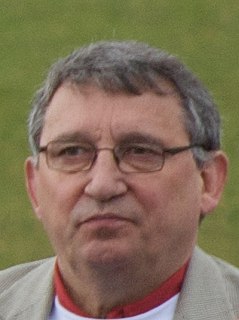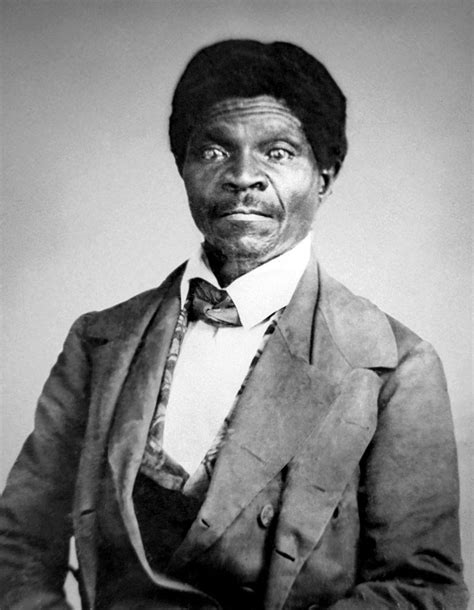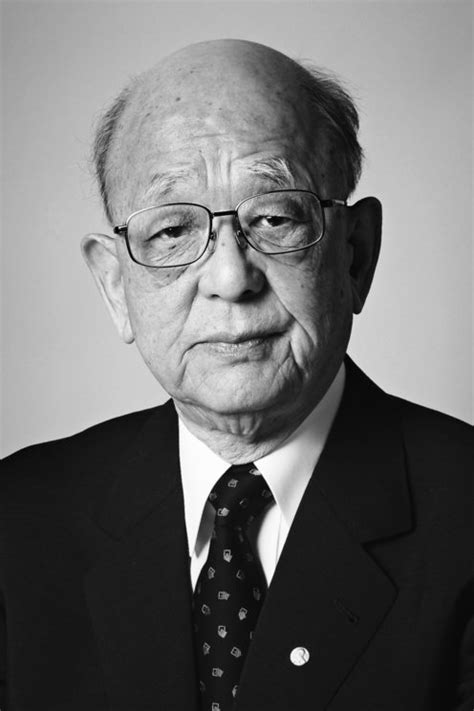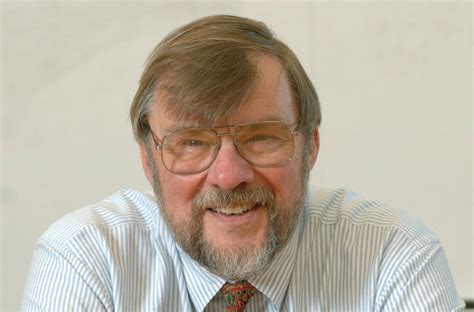A Quote by Tom Robbins
I believed in looking at people as individuals, not in groups. I hated groups; still do. And I saw particularly the university, the university artists really acted as a group. The others didn't so much, but the university people took advantage of that and behaved like a group, rather than as individuals. They had a lot of power that way.
Related Quotes
People are wonderful. I love individuals. I hate groups of people. I hate a group of people with a 'common purpose'. 'Cause pretty soon they have little hats. And armbands. And fight songs. And a list of people they're going to visit at 3am. So, I dislike and despise groups of people but I love individuals. Every person you look at; you can see the universe in their eyes, if you're really looking.
Including my nine years as a student, the majority of my life has been at Hokkaido University. After my retirement from the university in 1994, I served at two private universities in Okayama Prefecture - Okayama University of Science and Kurashiki University of Science and the Arts - before retiring from university work in 2002.
If it's really true, that the museum at Liberty University has dinosaur fossils which are labelled as being 3000 years old, then that is an educational disgrace. It is debauching the whole idea of a university, and I would strongly encourage any members of Liberty University who may be here to leave and go to a proper university.
The university has become so stultified since the sixties. There is so much you can't do at the university. You can't say this, you can't do that, you can't think this, and so forth. In many ways, I'm free to range as widely as I do intellectually precisely because I'm not at a university. The tiresome Chicanos would be after me all the time. You know: "We saw your piece yesterday, and we didn't like what you said," or, "You didn't sound happy enough," or, "You didn't sound proud enough."
I had a certificate that said, 'Doctor of Mixology, Harvard University,' that I actually got from Harvard University. A friend of mine was a research assistant over there and it was one of those student or university perks and she brought me in on that. So I am a doctorate from Harvard and it only took me one afternoon.
Hackman's paradox: Groups have natural advantages: they have more resources than individuals; greater diversity of resources; more flexibility in deploying the resources; many opportunities for collective learning; and, the potential for synergy. Yet studies show that their actual performance often is subpar relative to "nominal" groups (i.e. individuals given the same task but their results are pooled.) The two most common reasons: groups are assigned work that is better done by individuals or are structured in ways that cap their full potential.







































